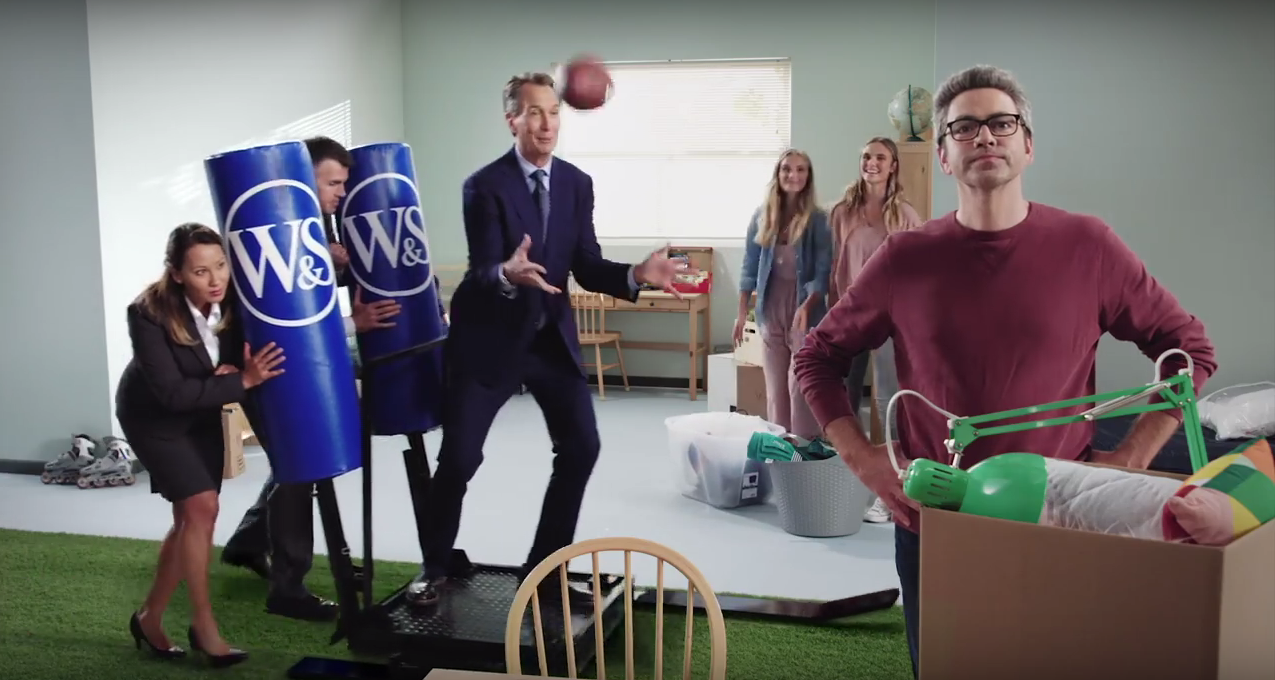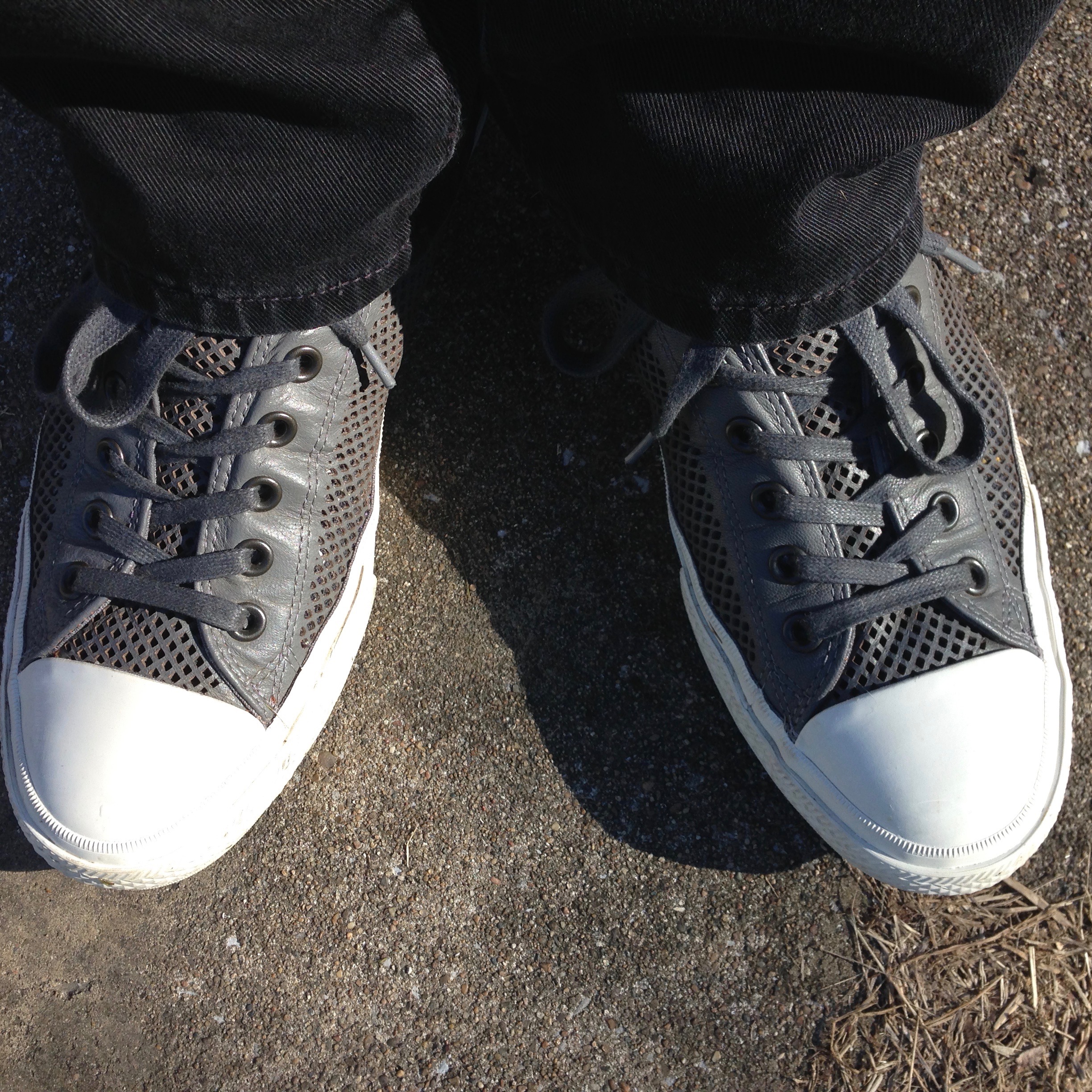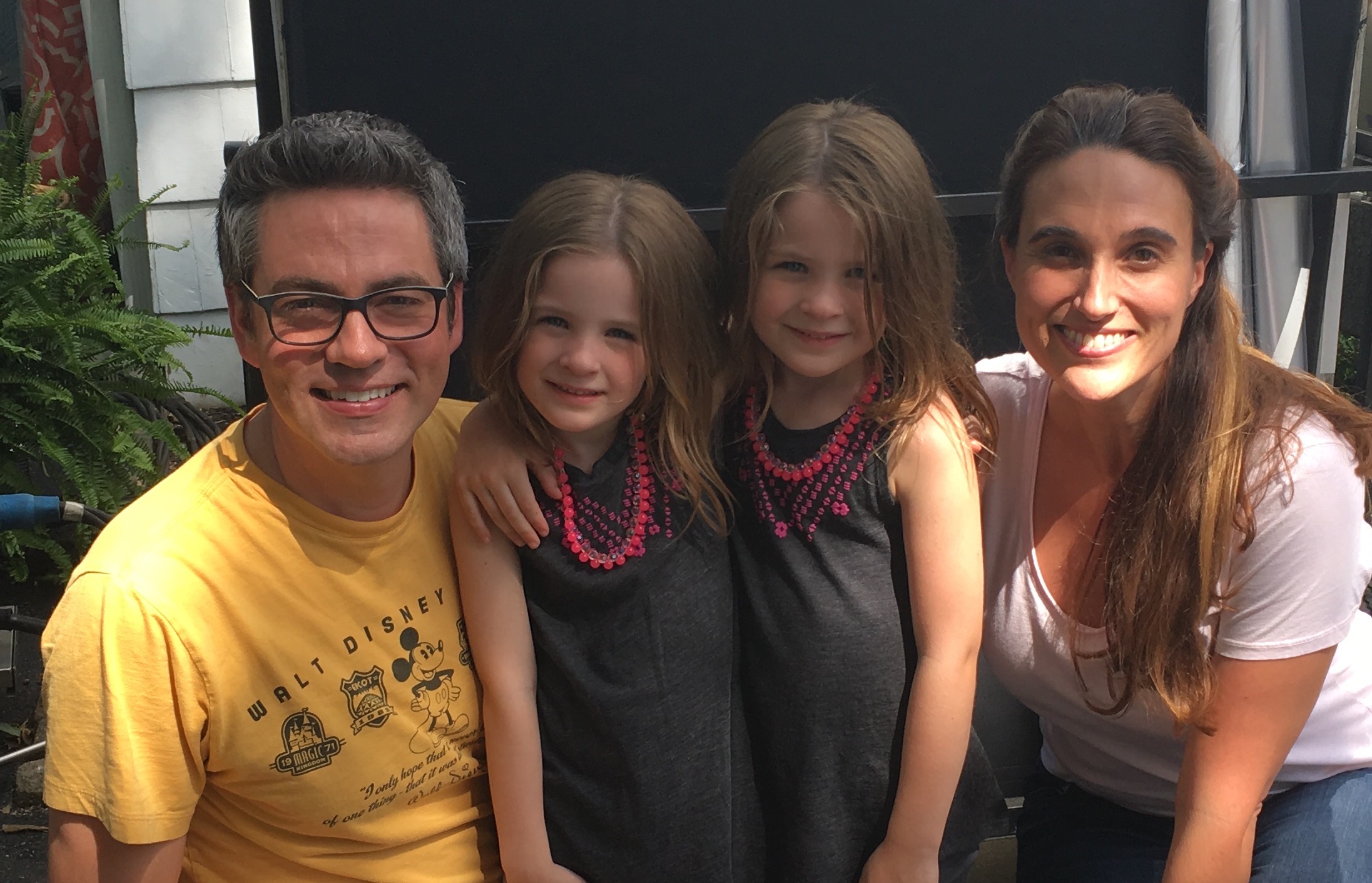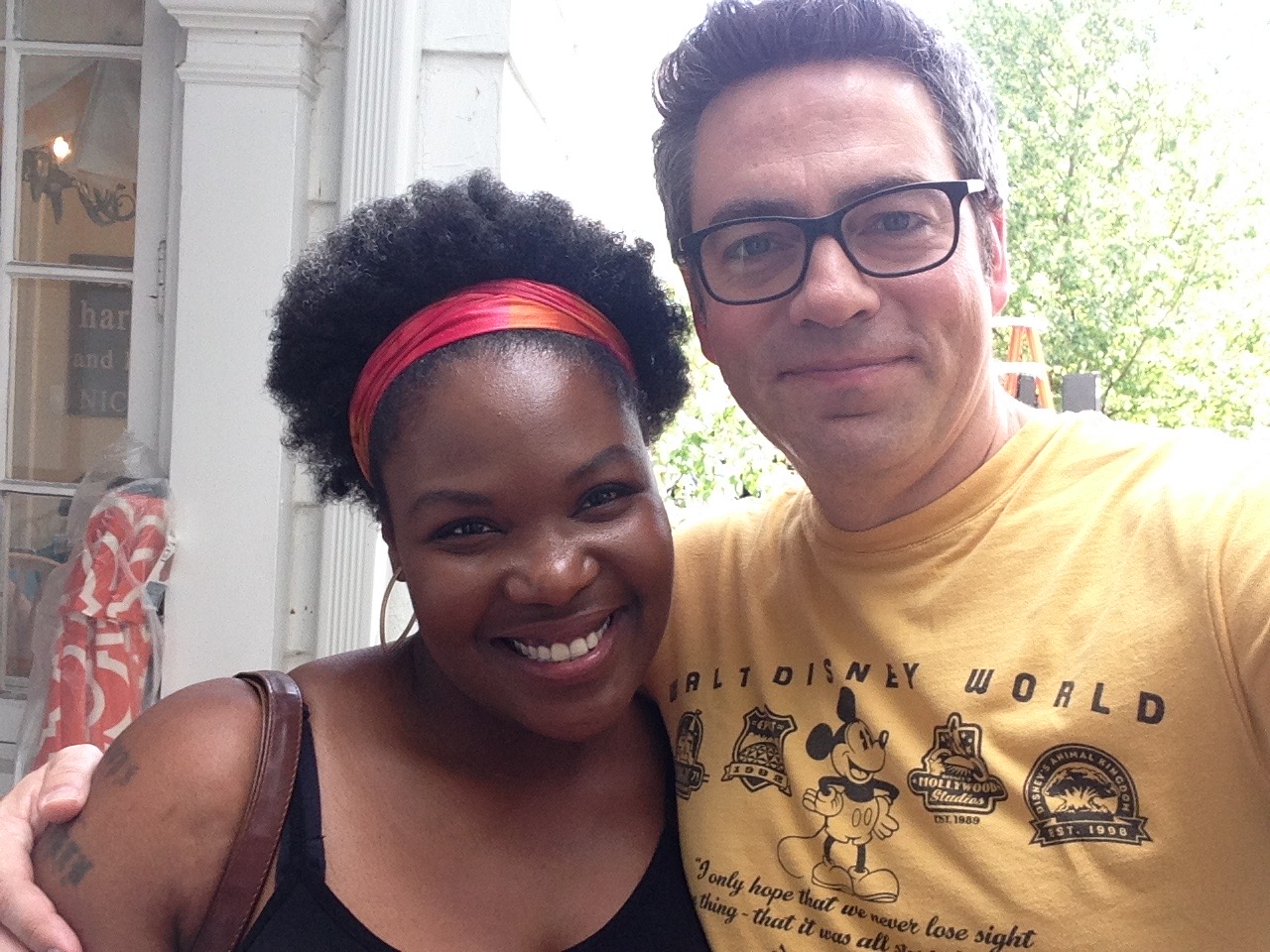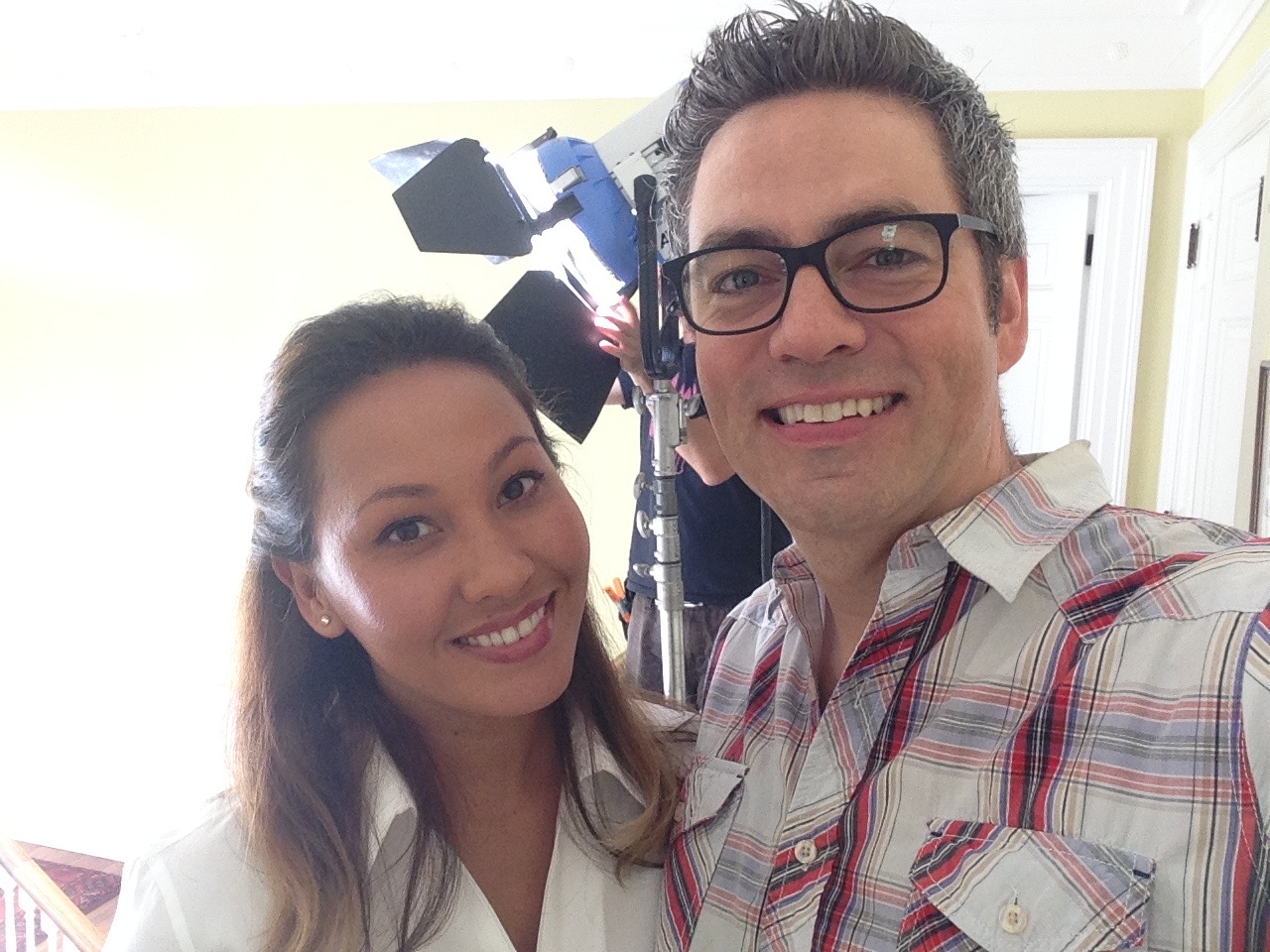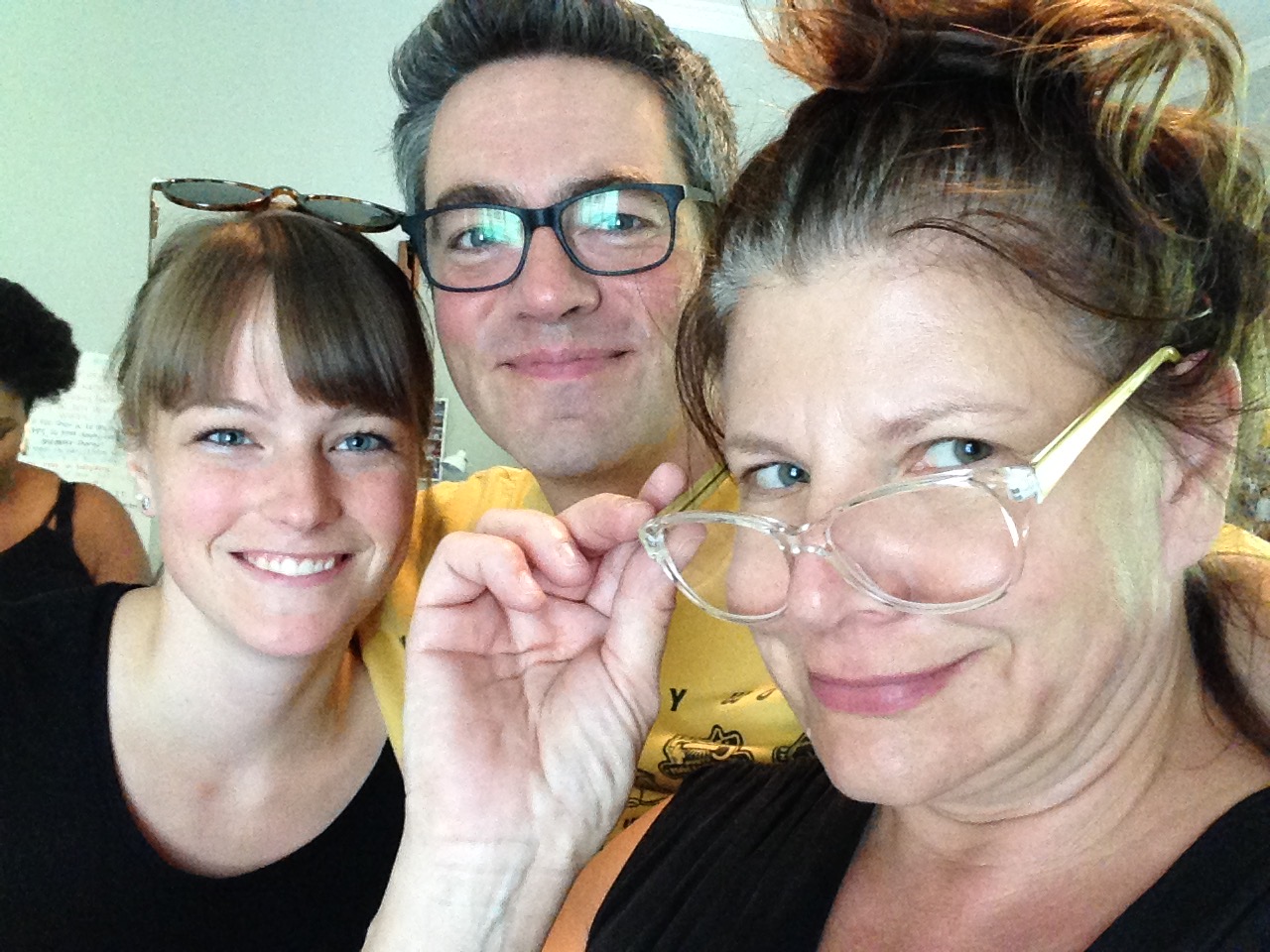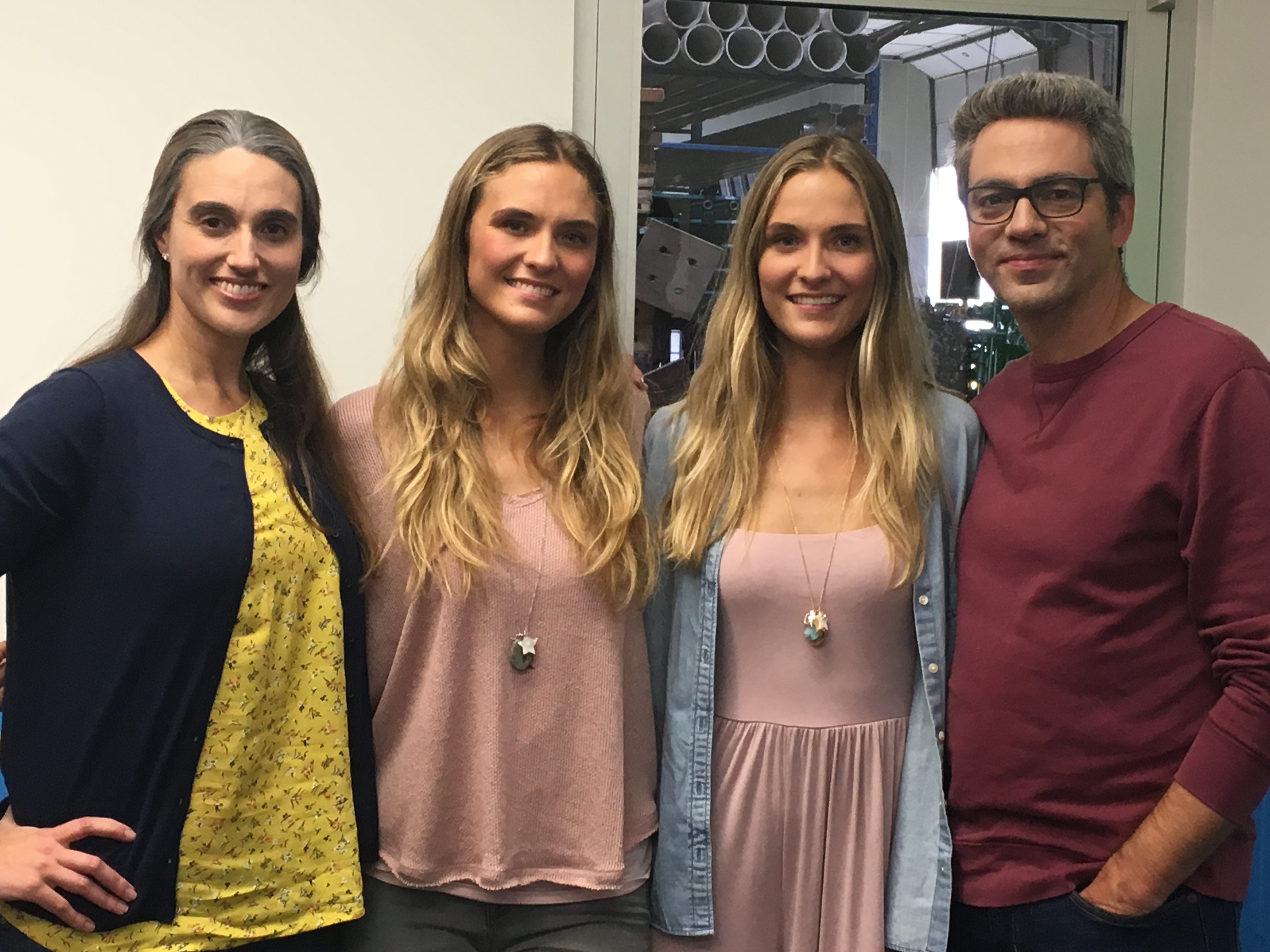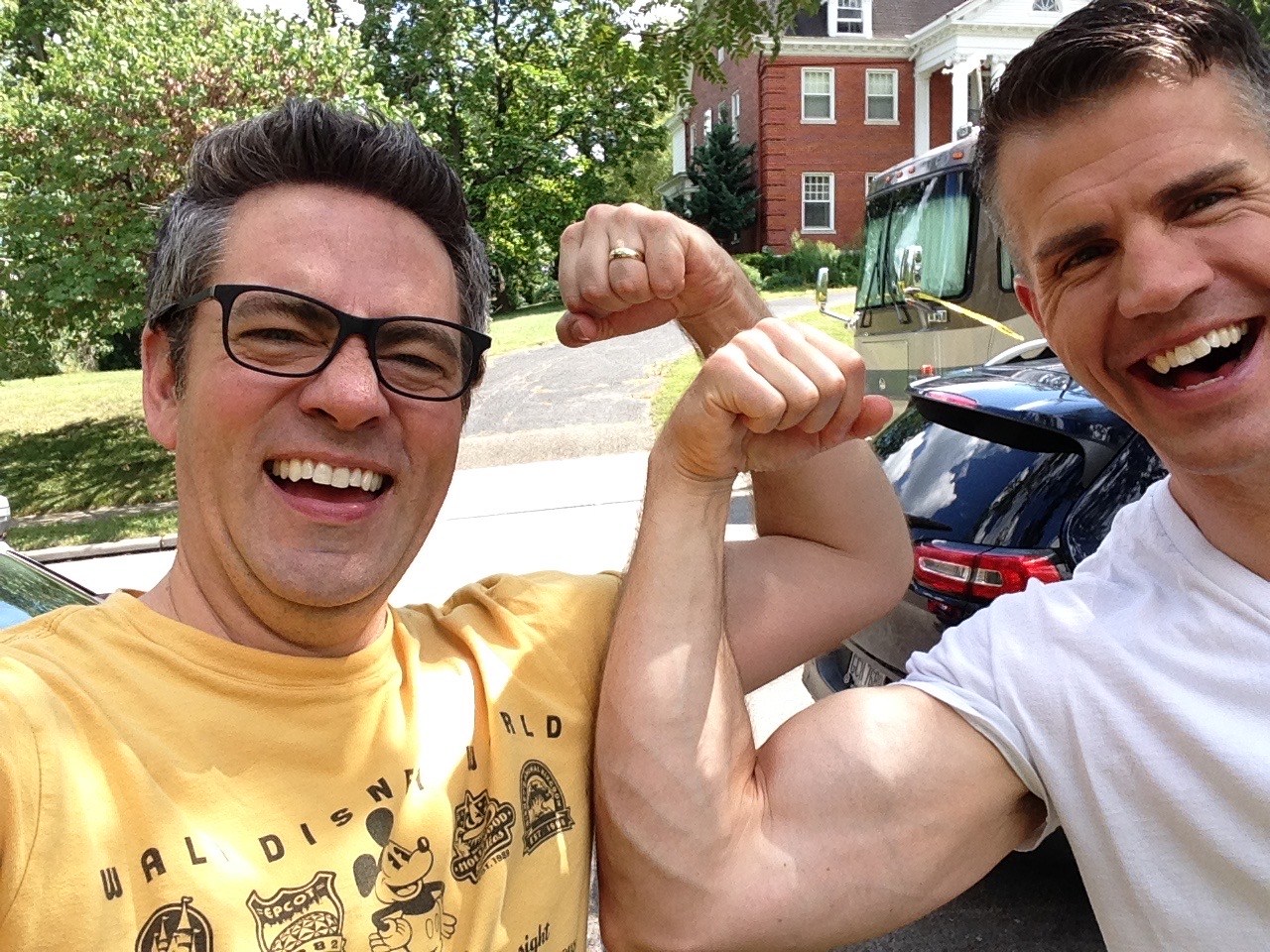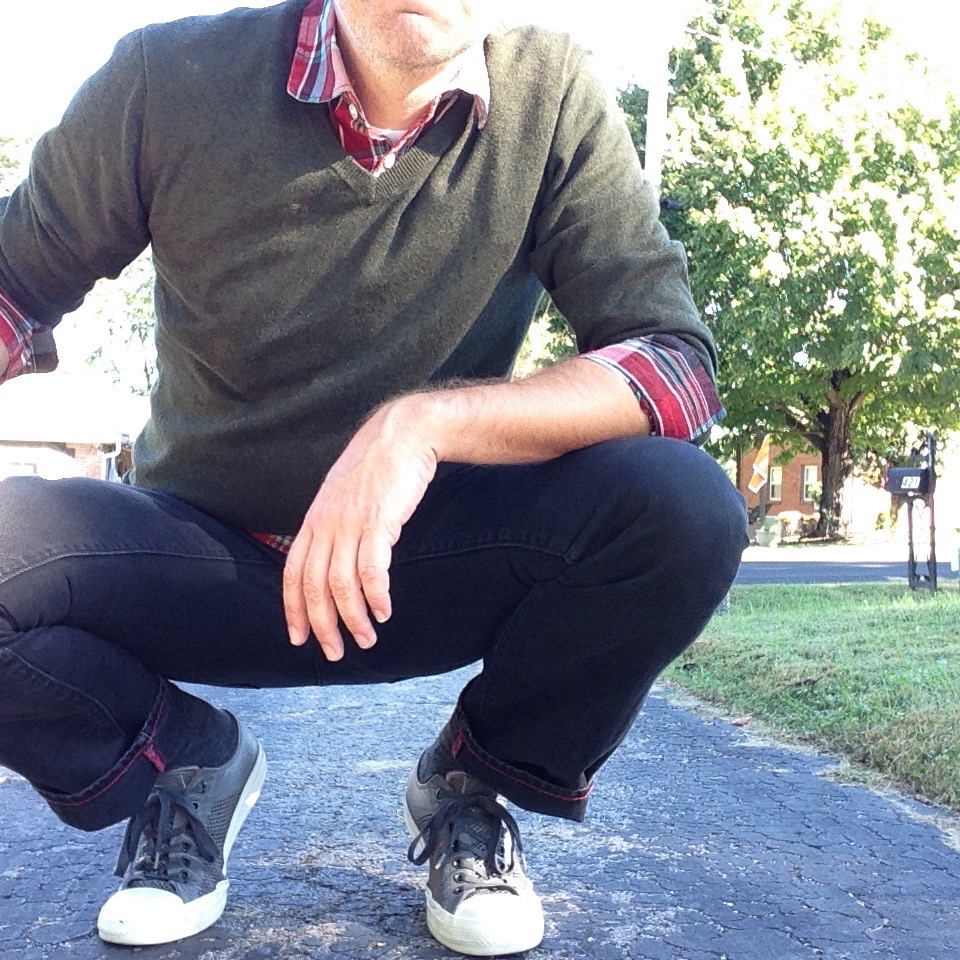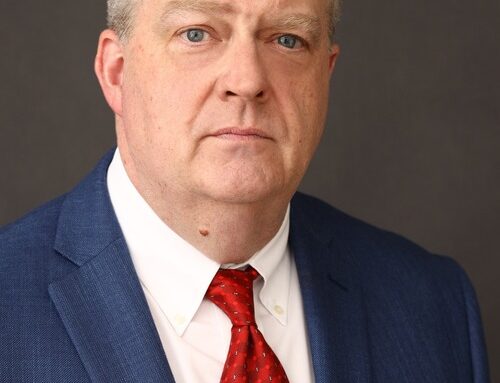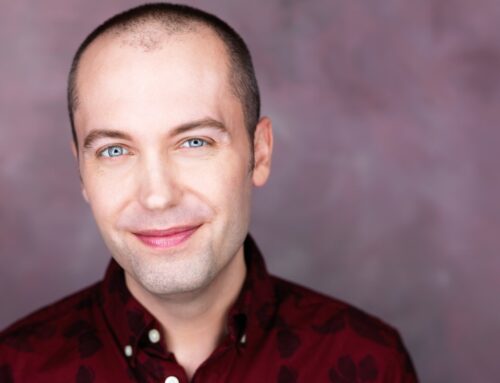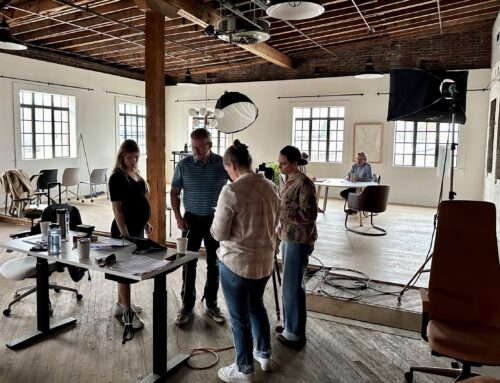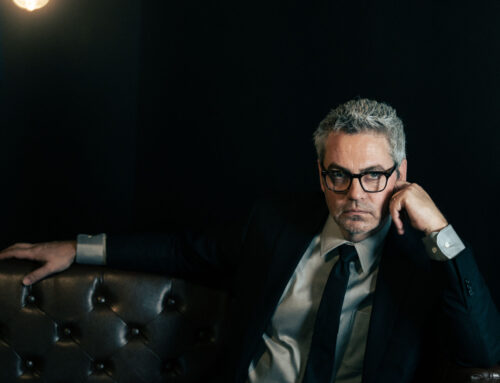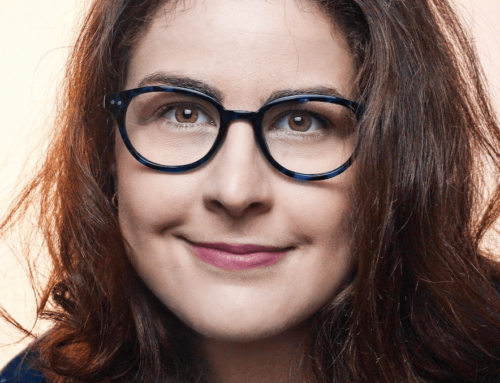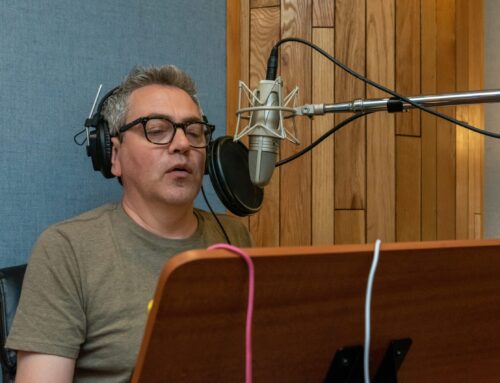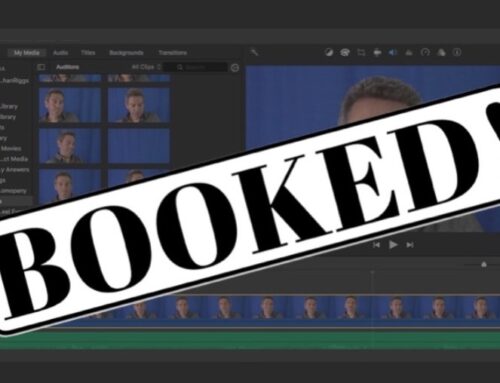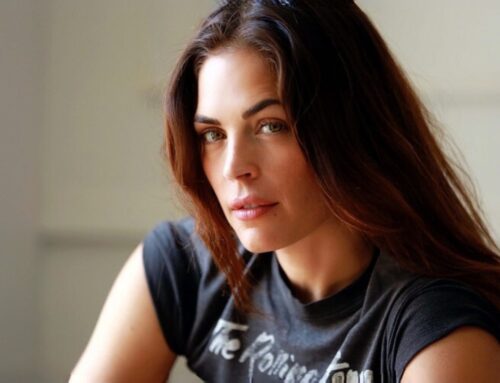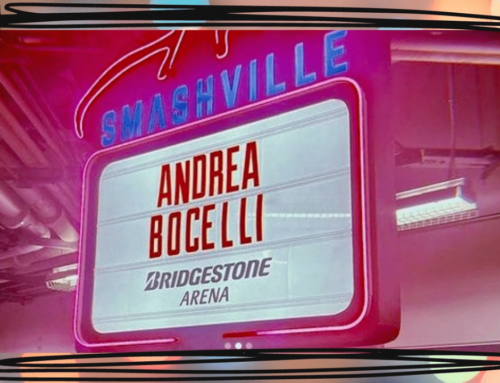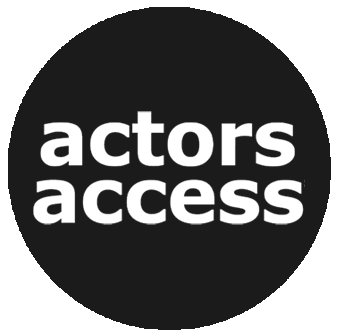Behind the Scenes*
Last August, I self-taped an audition for a non-speaking commercial role for Western & Southern Financial Group. To “self-tape” means that I make the recording myself and email the video file to the casting director. This is how most of my auditions are.
Yeah, we all know there’s not really any tape involved, but the name stuck. Anyway, it’s challenging to record a nonspeaking role by yourself and I had very little instruction. The email said they wanted to see a dad in various situations like the birth of his twin daughters (and surprised by having twins), buying a house, and watching his family grow up. I opted to improvise (and speak) with the “babies” and just give looks of what I hope would convey gratitude and wonder. Sometimes auditions are weird like that.
I’m not saying it’s the most interesting video, but it was my best attempt given what I had to work with. At any rate, I got a callback. To get a callback means that the casting director (and often the director) want to meet with me and watch me do pretty much the same performance in person. (To put the expression in the active voice and say I was “called back” would make for cleaner writing, but it would be wrong. In this business you “get a callback.” Just go with it).
The callback was in Cincinnati. That’s a four-drive for a five-minute meeting with no guarantee of booking the role. It’s a risk, but that’s the work. And this time it paid off! It was my first time reading for casting director Wendy McAdams and she was great to give me a shot at the callback after seeing me for the first time. (Thanks for being awesome, Wendy!) “Now this is a Union spot,” she warned me. “So, if you book it, you’ll need to join. Are you prepared for that?” (Read: “Don’t make me look bad by saying you don’t want to join after I’m recommending you to them”). “Yes. It’s time,” I said. So, this was the booking where I “had to” join. I did so happily.

My boys ready for anything
Unfortunately, the shoot took me out of Nashville for the Great American Lunar Eclipse, which I understand was once-in-a-lifetime awesome. Nashville was one of the best places in the country to view it. Dang, I hated to miss it! I saw it in a Cincinnati parking lot with (very kind) strangers, one of whom turned out to be the advertising head of the Western & Southern account, so it was cool that I got to bond with him over his don’t-go-blind eclipse glasses. Still, it wasn’t the same.
The shoot had me in Cincinnati for three days. It was funny how many people, upon learning that I live in Nashville, would ask in excitement, “Ooh, did you get to see the eclipse in Nashville!?” “No. No, I didn’t,” I would say while I was thinking, “I was here. Working on this commercial. …Just like you. ”

Chucky T’s, Baby!
On the plus side, they let me keep these cool Chuck Taylor shoes which I wear all the time!
It was fun to work with former Cincinnati Bengal and current NFL commentator Cris Collinsworth. He was friendly and very tall. And I was quite relieved that I could catch the keys and football that he tossed to me (whew!). Unfortunately, he was on and off set so quickly that I was not able to grab a picture with him. Maybe he was just too shy to be in my presence. It’s OK, Cris. I understand. 😉
My main scene partner was Chicago-based model Laura Guili, who played my wife and the mother of our twin girls. In her spare time, Guili is active in the classical music scene as an educator and orchestral conductor, which of course I think is pretty awesome. She tells me she recently combined her passions on a role on NBC’s Chicago PD as a pianist. Way to go, Laura!
All in all, it was another great shoot and is now broadcasting in the Cincinnati, Charlotte, Indianapolis, and Phoenix markets. Special shout-out to director Eric Yealland, assistant director Jo Throckmorton, the Cartilage production company, the Northlich ad agency, and my rockstar agent Laura VonHolle from Heyman Talent.
That’s a wrap!
*Many times when hired for a shoot, an actor is not allowed to publicly share the details. This is to protect the marketing plans of the project and to guard the producers’ right to control the way in which their story is first presented. Usually, the restrictions expire after the media is released to the public. This post is shared with permission.
Read my comment policy.

